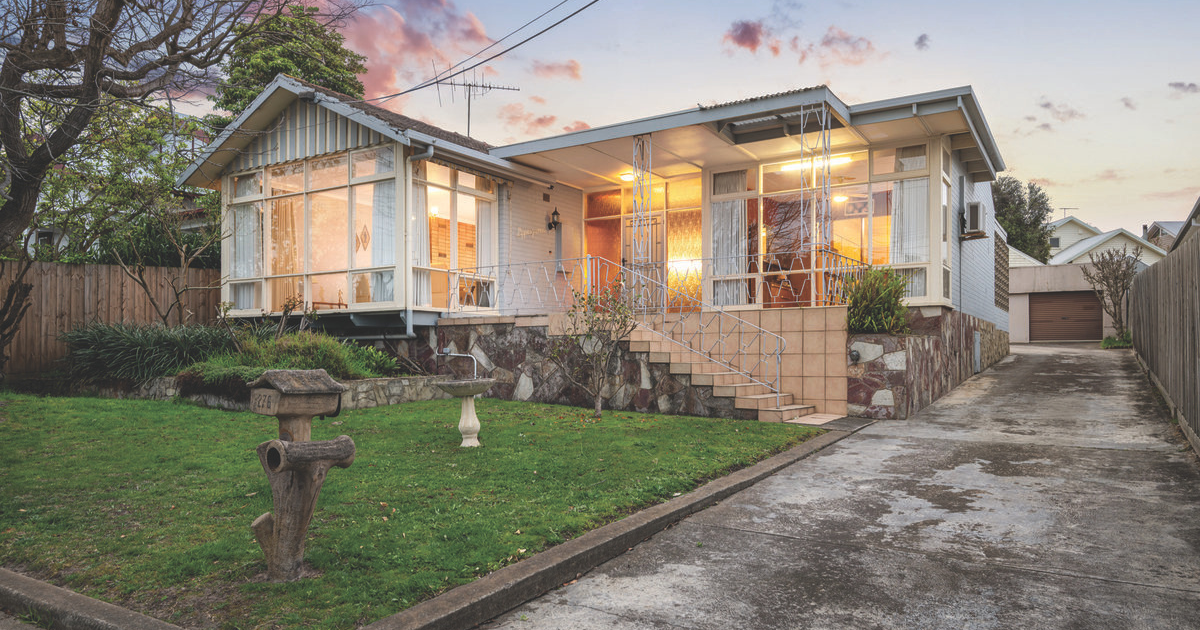Slowest population growth in 100 years
VICTORIANS are packing up and leaving the state more than any other in the country as the national population growth declines.
New ABS data showing the estimated resident population in all states and territories through a compilation of the natural rate of population growth, overseas migration and interstate migration shows Victoria is leading the great escape.
HIA’s Senior Economist Nick Ward says that based on this new data, Australia’s population growth has slowed to just 0.14 per cent over the past year, the slowest rate of growth for more than 100 years.

“Population growth has slowed as net overseas migration, previously a source of growth, has reversed and turned negative,” Mr Ward said.
“The sharpest decline in resident population has occurred in Victoria where the population contracted by 0.64 per cent.
“The number of people departing Victoria for other states and overseas is more than double the natural population growth over the past year.
“All other jurisdictions maintained positive population growth, albeit at just a fraction of their pre-COVID rate of growth.”
Australia’s population was growing strongly before COVID-19, adding about 400,000 people per year.
Treasury economists continue to comment that migrants, particularly skilled, working-age migrants, deliver an economic dividend for Australia, raising workforce participation in the longer term and likely productivity growth.
The Productivity Commission has urged that Australia should be targeting high-skilled, highly paid foreign workers so as to prevent lower-paid workers having their wages undercut by lower-skilled migrants.
Some economists believe that ultimately, Australia can sustain strong immigration levels, but if governments such as Victoria fail to enact policies that enhance productivity, then poor quality growth will fail to lift per capita incomes.

Higher productivity requires more than just building infrastructure, as Victoria has done.
It requires a broader reform agenda on tax, cutting red tape for business, workplace relations, competition, energy and climate, innovation, education and skills.
The HIA says that the loss of population growth is a concern for a number of reasons.
· Population growth is a key driver of economic growth.
· Australia needs economic growth to maintain the standard of living all Australians expect.
· Growth supports the ability of Governments to deliver the services and support Australians need and expect.
Mr Ward said that before the COVID-19 recession, the average net migrant was 24-years old, and the average Australian resident was 39-years old.
“Australians aged 65 years and over make up more than 16 per cent of the population,” Mr Ward said.
“The loss of overseas students and skilled migration has almost certainly seen the average age of migrants increase and accelerated the ageing of the Australian population.
“A return to stable and reliable skilled migration pathways is central to a return to stable economic growth.”


















